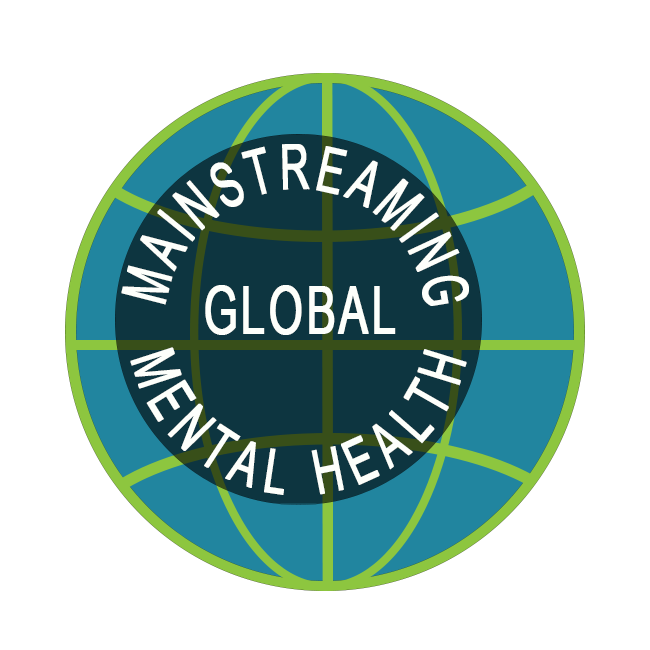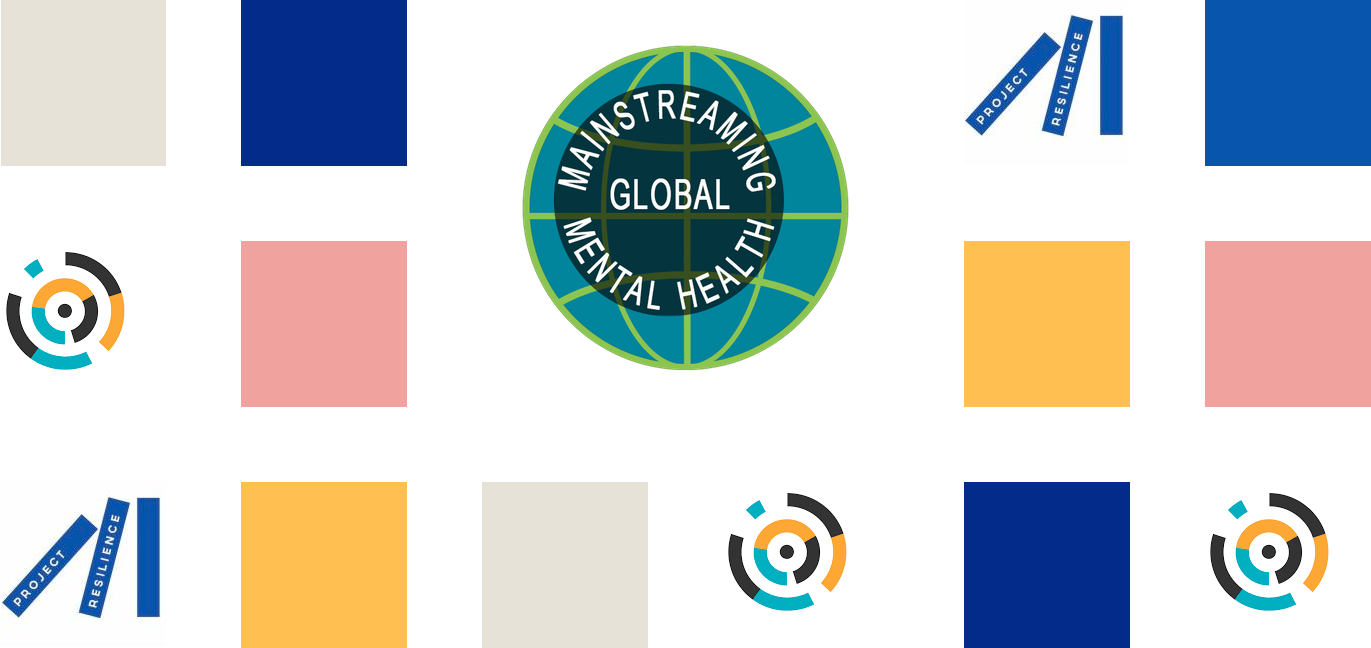
Mainstreaming Global Mental Health
A Praxis Nexus Approach (June 2019 – November 2021)
Project Purpose
Our ambition is to trigger a step-change in how the research community thinks about where, how and by whom mental health in low and middle income countries can be impacted to benefit people experiencing poor mental health. Specifically, we believe there is untapped potential for global researchers to impact mental health whilst delivering their core (non-mental health) project aims, and that this can be done without significant resource implications.
Project Objectives
- Complete a scoping review of (i) material practices and (ii) implicit and explicit mental health activities in non-mental health focused GCRF projects funded to date;
- Complete a report outlining the basis for a Global Mental Health Impact Framework around collaborative material practices;
- Develop and strengthen equitable international academic, policy and practitioner partnerships and build capacity in LMIC and the UK;
- Use this work to assist in developing the agenda and programmes of on-going work.
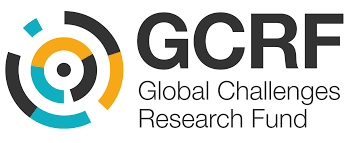
PEOPLE
This project brings together 16 GCRF projects funded by the AHRC, ESRC and MRC, a University of Leeds AHRC-GCRF Network Plus and AHRC-led GCRF Hub. It is led by Anna Madill with Paul Cooke, Siobhan Hugh-Jones, Rebecca King, Jane Plastow, and Stuart Taberner (University of Leeds, UK), Adrian Evans and Karina Croucher (University of Bradford, UK), Rebecca Graber (University of Brighton, UK). Brian Brown and Raghu Raghavan (De Montfort University, UK), Tolib Mirzoev (London School of Hygiene & Tropical Medicine, UK) and Erminia Colucci (Middlesex University, UK). Our project mentees are Una Higgins, Netalie Shloim, and Yao Zhao.
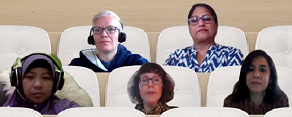
PARTNERS
Mainstreaming Global Mental Health is conducted in partnership with NIMHANS (India), MIND India, and Universitas Gadjah Mada (Indonesia). Our key contacts, and steering groups member are, respectively, Dr Poornima Bhola, Dr Sangeeta Goswami, and Dr Diana Setiyawati. The project is funded by an EPSRC Global Challenges Research Fund Challenge Cluster grant EP/T023813/1
OUTCOMES
Madill, A., Shloim, N., Brown, B., Hugh-Jones, S., Plastow, J., & Setiyawati, D. (2022). Mainstreaming global mental health: Is there potential to embed psychosocial well-being impact in all global challenges research? Applied Psychology: Health and Well-Being, 1–23. https://doi.org/10.1111/aphw.12335
We explore if there is potential to embed psychosocial wellbeing impact in global challenges research where the primary aims are not mental-health-related. We are interested in the use of material practices to deliver impact through routine project activities of working with concrete things together. The UKRI gateway-to-research was searched for information on Global Challenges Research Fund grants from 2015 to May 2020. Analysis shows that only 3% of projects self-categorise as engaging with mental health. Thirty-six non-mental-health GCRF grants were purposefully sampled for diversity and each coded independently by two researchers for relevant information. Findings suggest that: 50-70% of non-mental-health GCRF projects already engage implicitly, but non-strategically, with psychosocial wellbeing impact; opportunities for psychosocial wellbeing impact, from most to least frequent are community mobilisation, community-building, skills development, positive sense of self, positive emotions, and sociocultural identity; presence of material practice from most to least frequent are: (i) interactions between or enactments upon people, (ii) written materials or images, and (iii) objects; when a material practice was present, it was usually considered usable as a focus to enhance psychosocial wellbeing. Our study provides evidence that there are low hanging fruit opportunities to impact psychosocial wellbeing across SDG through routine project activities.
How can we Mainstream Mental Health in Research Engaging the Range of Sustainable Development Goals? A Theory of Change
Find data at ReShare archive here.
Mental health is a leading cause of ill-health worldwide and disproportionately affects low and middle income countries. Mental health aligns most directly with Sustainable Development Goal (SDG) ‘Good Health and Well-Being’ but, increasingly, is considered relevant across the SDGs. Global challenges funders and researchers are a distinct set of stakeholders who have not yet been invited to consider mainstreaming mental health. This would constitute a significant sector culture change. Hence, we ask: How can we mainstream mental health in research engaging the range of SDGs? We use the UK Research and Innovation Global Challenges Research Fund as a case study. In a previous scoping review, we purposefully sampled non-mental health focused GCRF grants for diversity from the beginning of the programme in 2015 until May-end 2020 (N = 36). In the present study, the principal investigator of each grant in this sample was invited to interview, with 11 accepting. Snowballing, our networks, and returning to the funding archive secured a further 15 interviews sampled for diversity (Final N = 13 UK researchers and 13 of their overseas collaborators). A thematic analysis of this data organised key information into a trajectory from the challenges of incorporating mental health impact, to how these challenges might be overcome and, finally, to support needs. This analysis was then organised into a Theory of Change designed to promote the mainstreaming of mental health in global challenges research. We outline the implications for global challenges researchers, mental health practitioners, and global challenge research funders. One important implication is that we provide evidence to encourage funders to engage with the desire of researchers to contribute more broadly to the wellbeing of the communities with whom they work.
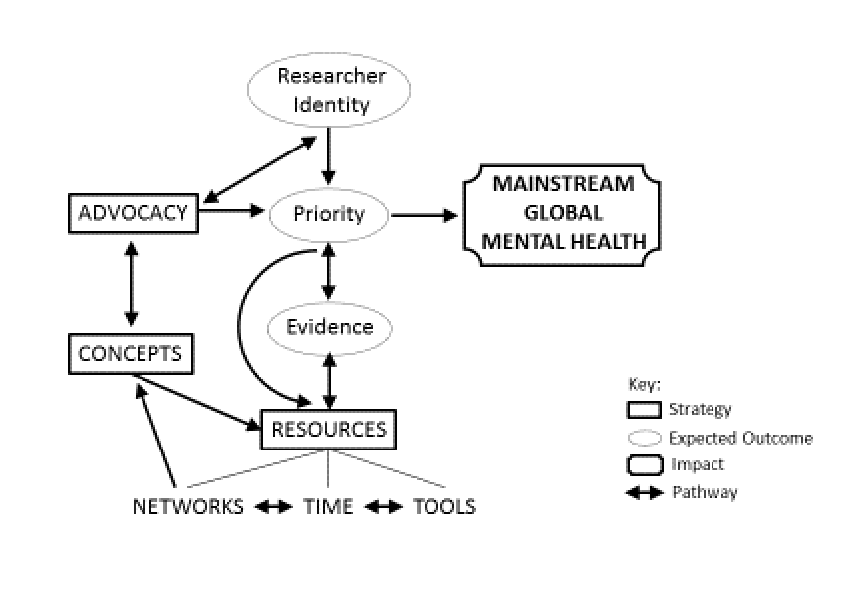
Policy Brief
FInd full policy briefs.
Executive Summary
Mental health is one of the leading causes of ill-health worldwide and disproportionately affects low-and-middle-income-countries. We provide evidence there are low hanging fruit opportunities to impact psychosocial wellbeing across Sustainable Development Goals via routine research project activities. We provide understanding about the challenges of mainstreaming global mental health and how to undertake this work with our Theory of Change model. Implications for professional bodies and non- and inter-governmental organisations representing academic disciplines, humanitarian sectors, and international peace-keeping include working with their stakeholders to identify how embedding mental health impact can facilitate achievement of their primary aims. Implications for global challenges researchers across Sustainable Development Goals include collaborating with local communities, researchers, and service providers to embed sustainable psychosocial wellbeing impact. Implications for mental health practitioners include developing a more inclusive and flexible language around mental health that bridges cultures and disciplines. Implications for global challenge funders include providing strategic leadership to drive the mainstreaming of mental health in research across the Sustainable Development Goals.
